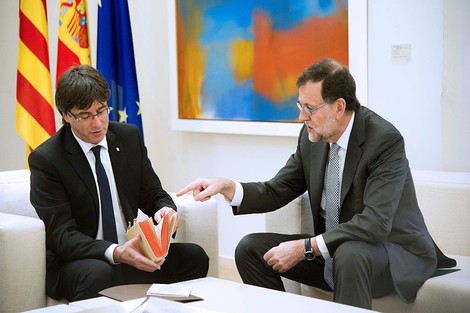Your podcast discovery platform
Curious minds select the most fascinating podcasts from around the world. Discover hand-piqd audio recommendations on your favorite topics.

piqer for: piqd Boom and bust Climate and Environment Global finds Globalization and politics Health and Sanity Technology and society Doing Good Deep Dives
Malia Politzer is the executive editor of piqd.com, and an award-winning long-form journalist based out of Spain. She specializes in reporting on migration, international development, human rights issues and investigative reporting.
Originally from California, she's lived in China, Spain, Mexico and India, and reported from various countries in Africa, Europe and the Middle East. Her primary beats relate to immigration, economics and international development. She has published articles in Huffington Post Highline, The Economist, The Wall Street Journal, Vogue India, Mint, Far Eastern Economic Review, Foreign Policy, Reason Magazine, and the Phoenix New Times. She is also a regular contributor to Devex.
Her Huffington Post Highline series, "The 21st Century Gold Rush" won awards from the National Association of Magazine Editors, Overseas Press Club, and American Society of Newspaper Editors. She's also won multiple awards for feature writing in India and the United States.
Her reporting has been supported by the Pulitzer Center on Crisis Reporting, The Institute For Current World Affairs, and the Global Migration Grant.
Degrees include a BA from Hampshire College and MS from Columbia University Graduate School of Journalism, where was a Stabile Fellow at the Center for Investigative Journalism.
Great Analysis Of The Catalan Crisis In Foreign Policy Magazine
For those baffled by the recent energy around the Catalan bid for independence in Spain, this Foreign Policy article offers an excellent primer – both on the roots of the current conflict, and convincing evidence as to why it's unlikely to go away any time soon.
Those who have studied Spain know that the current "Catalan issue" – which has roots dating before the dictator Franco – is anything but new: various groups have been urging for the region's independence for decades. Journalist Ricard Gonzalez points out that the movement has been helped along by a series of political missteps on the part of the Spanish government, starting a decade ago when its failure to expand the region's autonomy, was further inflamed by continuing unfair fiscal policies and a failure to recognize the regions' national identity.
But while the issue may have deep roots, the current Spanish Prime Ministry Mariano Rajoy has done little to alleviate the situation, and much to inflame it: In October, Rajoy sent masked riot policy to raid polling stations to stop an illegal referendum, outraging supporters of independence. Soon after, he called for a regional election, hoping that would solve the issue: He was wrong. In fact, not only did representation of Rajoy's party, the Partido Popular (PP), nearly disappear in Catalonia, but the independents made regional gains as did Ciudadanos, the PP's competitor on the right.
Gonzalez believes that Rajoy's main problem was not that he held an election, but that he did too little too late: Rather than taking the movement's momentum seriously, he followed "soufflé theory" – that the movement would build and eventually collapse, like the French dessert. Now, with both supporters of independence and hardliner Ciudadanos in power, the region may find itself in an entrenched conflict.
What can be done at this point? Gonzalez floats the idea of turning Spain into a confederation with recognition of national minorities. Whether Spain is ready for it it is another question.
Stay up to date – with a newsletter from your channel on Globalization and politics.
